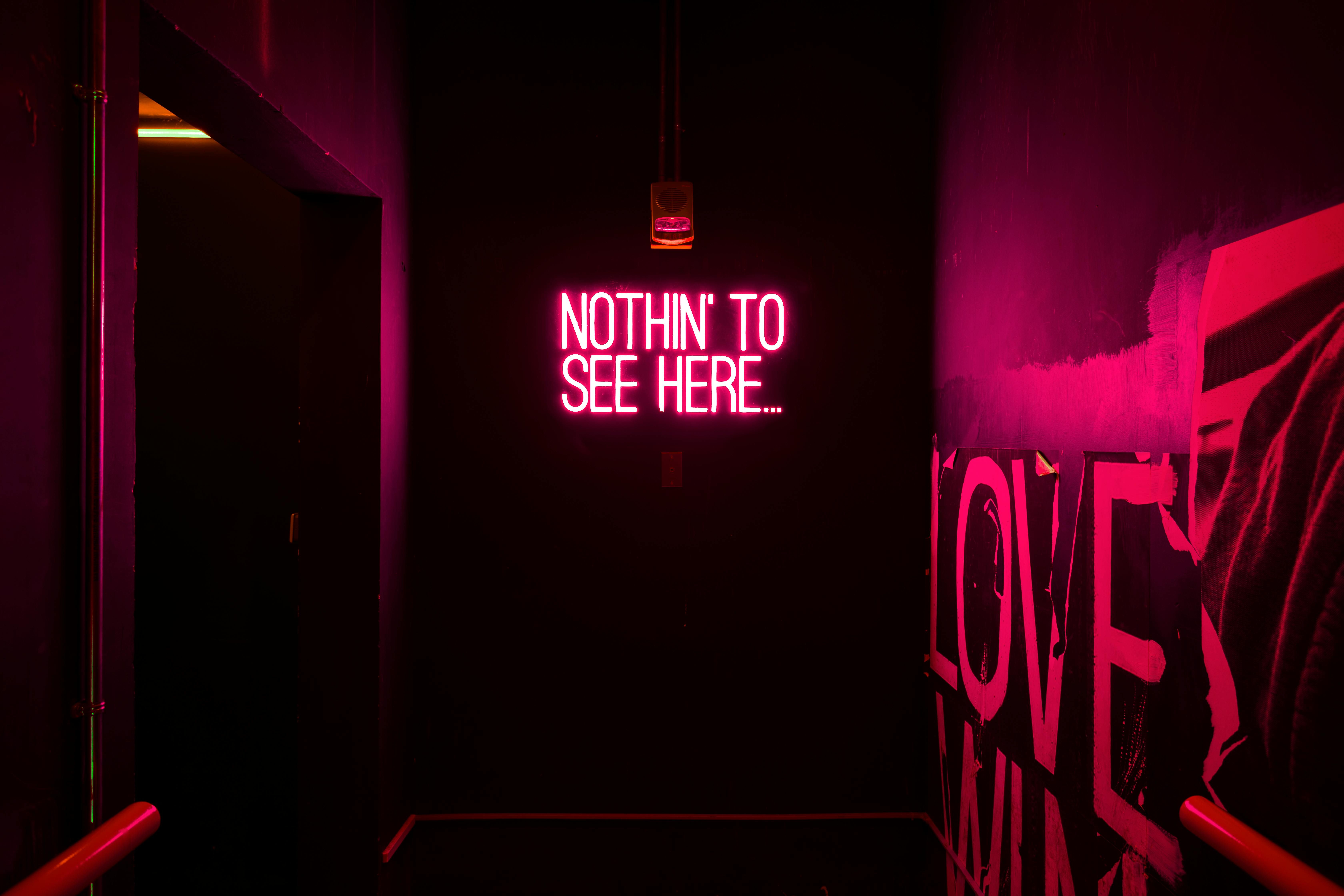Ukrainian authorities respond to negative comments about Ukraine from Slovakian PM Fico before his visit to Russia for the Moscow Victory Parade.
Sizzling Take on Ukraine-Slovakia Diplomatic Spat Over Russian Victory Day Parade
In the heat of global politics, Ukraine's Embassy in Slovakia slammed Slovak Prime Minister Robert Fico for his alleged anti-Ukrainian remarks, following Fico's criticisms of President Volodymyr Zelensky's safety concerns related to Russia's Victory Day parade.
On May 4, the Ukrainian Embassy released a scathing statement, pointing out Fico's accusations and urging Slovak officials to reexamine Zelensky's statements with utmost care.
Zelensky, on May 3, had sounded the alarm over foreign officials' safety attending the Moscow Victory Day parade, hinting at potential provocations from Russia, including arsons, explosions, or other actions. Such actions, Zelensky warned, might be falsely blamed on Ukraine, with Russia responsible for safety and security on its own territory.
Unperturbed by Zelensky's warning, Fico, who plans to attend the Russian celebrations, earlier denounced Zelensky for threatening foreign delegations, branding the remarks unacceptable and accusing Ukraine of disrespecting Russia's role in defeating fascism during World War II.
However, the Ukrainian Embassy clarified that Zelensky's warning simply emphasized potential Russian provocations during the parade, underlining that Ukraine couldn't guarantee foreign officials' safety under such circumstances.
The embassy found Fico's remarks "deeply regrettable," especially considering ongoing Russian aggression. The embassy stated that Russia's current aggression against Ukraine mirrors the scale of atrocities seen since World War II, which Russia has been using to justify the conflict against Ukraine.
Moreover, the embassy highlighted Ukraine's substantial contribution to World War II, with six million Ukrainian soldiers fighting against Nazism, making an immense impact on various fronts. Over eight million Ukrainian lives, the embassy noted, were lost during the conflict.
The embassy also rebuffed Fico's calls for a ceasefire timed with the WWII anniversary, pointing out that Ukraine had already agreed to a full ceasefire on March 11, whereas Russia repeatedly dismisses this option and proposes manipulative tactics, escalating terror, and now offers a brief truce for three days, a seemingly unpromising path to peace.
As a populist with pro-Russian leanings, Fico is one of the few European leaders intending to attend Russia's Victory Day amid the ongoing war in Ukraine. On May 9, Russia traditionally holds grandiose military parades to celebrate the end of World War II in Europe. Ukraine and most European nations commemorate May 8 as Victory in Europe Day.
Acting against Russia's celebration, Ukraine has extended senior EU leader invitations to Kyiv on May 9. On April 15, EU diplomat Kaja Kallas urged European leaders not to attend Russia's Victory Day celebrations in Moscow, underscoring the EU's disapproval of partaking in Putin's government-hosted events during the war in Europe.
With the exception of Fico and Serbia's President Aleksandar Vučić (initially planned but fell ill), other world leaders like Brazilian President Luiz Inácio Lula da Silva and Chinese President Xi Jinping have confirmed their attendance at the parade, aiming to deepen strategic ties with Russia.
- President Volodymyr Zelensky, in a statement on May 3, expressed safety concerns about foreign officials attending Russia's Victory Day parade, referencing potential provocations from Russia.
- Despite Zelensky's warning, Slovak Prime Minister Robert Fico, who plans to attend the Russian celebrations, earlier denounced Zelensky's remarks as unacceptable and accused Ukraine of disrespecting Russia's role in defeating fascism during World War II.
- The Ukrainian Embassy, in a scathing statement on May 4, clarified that Zelensky's warning simply emphasized potential Russian provocations during the parade and could not guarantee foreign officials' safety under such circumstances.
- The Ukrainian Embassy noted Russia's ongoing aggression against Ukraine and stated that Russia's current actions mirror the scale of atrocities seen since World War II, which Russia has been using to justify its conflict against Ukraine.







